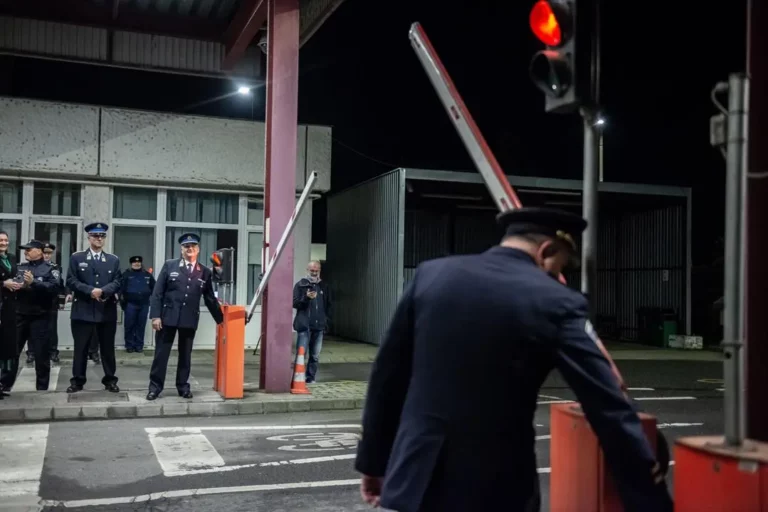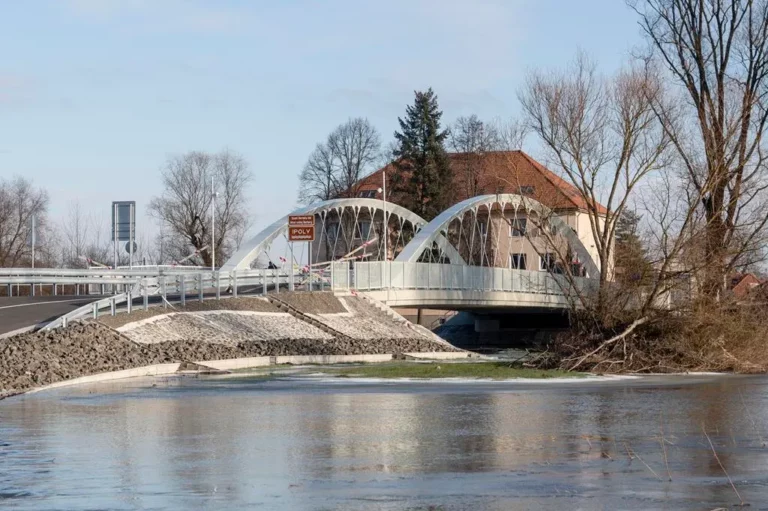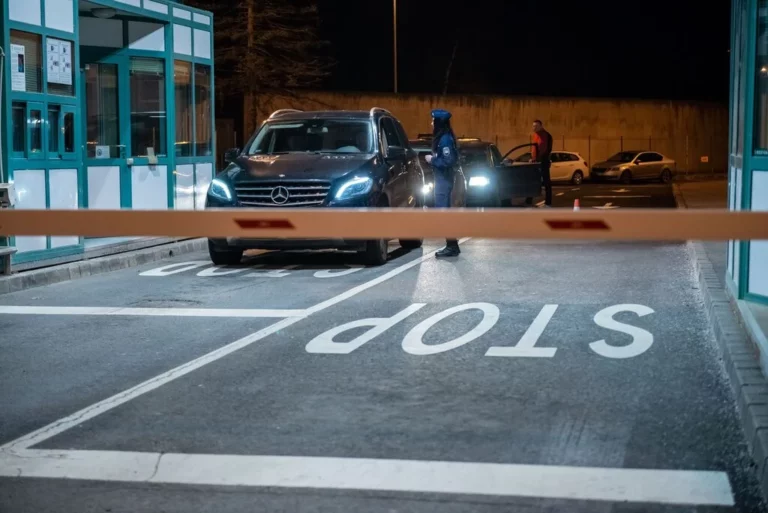Hungary border control
EU affairs minister: Hungary needs to create 7,716 places at the border for the EU’s new asylum system

BREAKING: EU countries consider reinstating border controls with Hungary over security concerns

Cocaine found on a Greek bus at southern border of Hungary

Here’s how Hungary wants Europe to tackle with the migration

End of Schengen at Hungary’s borders? Here’s Slovenia’s unforeseen decision

32 Ukrainians detained for illegally crossing into Hungary in fake military truck

Breaking: Slovenia extends controls at Hungarian and Croatian borders

Hungary will connect Austria and the Balkans with Chinese help and Europe’s top border crossing

Austria to extend border control at Hungarian border for 6 more months

Exciting News: Hungary’s motorway network expands with two new sections!

Hungary and Ukraine to sign border traffic agreement

Czech police cease assistance at Hungarian-Serbian border, citing drop in illegal migration

Delays at Hungarian border crossings, Budapest airport due to IT glitch – UPDATE

Problem at several border crossing points in Hungary, Budapest Airport affected

PHOTOS: New Ipoly-bridge inaugurated

This year’s first major police traffic checks are coming soon – ROADPOL actions

Attention! Major change coming to the Hungarian-Slovakian border in weeks

Shots fired at Hungarian-Ukrainian border: people fleeing military service arrested





 ZH
ZH IT
IT DE
DE HR
HR NL
NL FR
FR JA
JA RO
RO RU
RU ES
ES TR
TR
